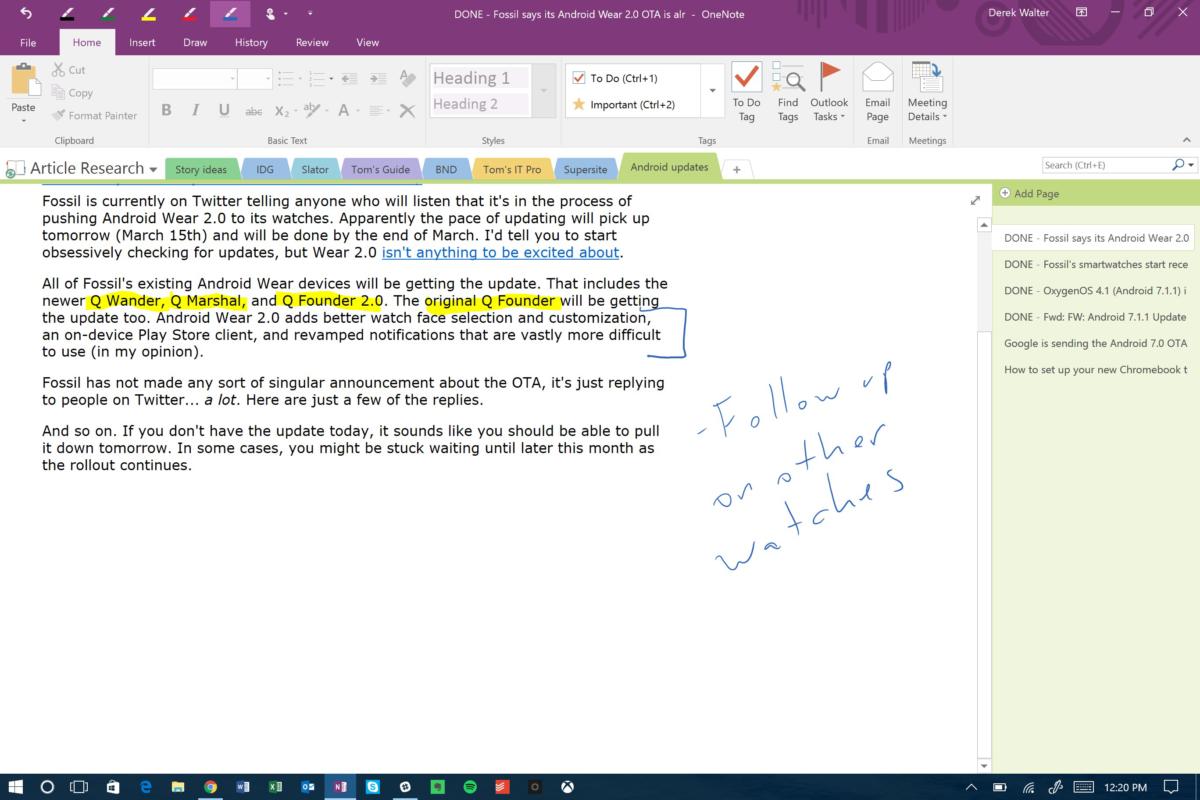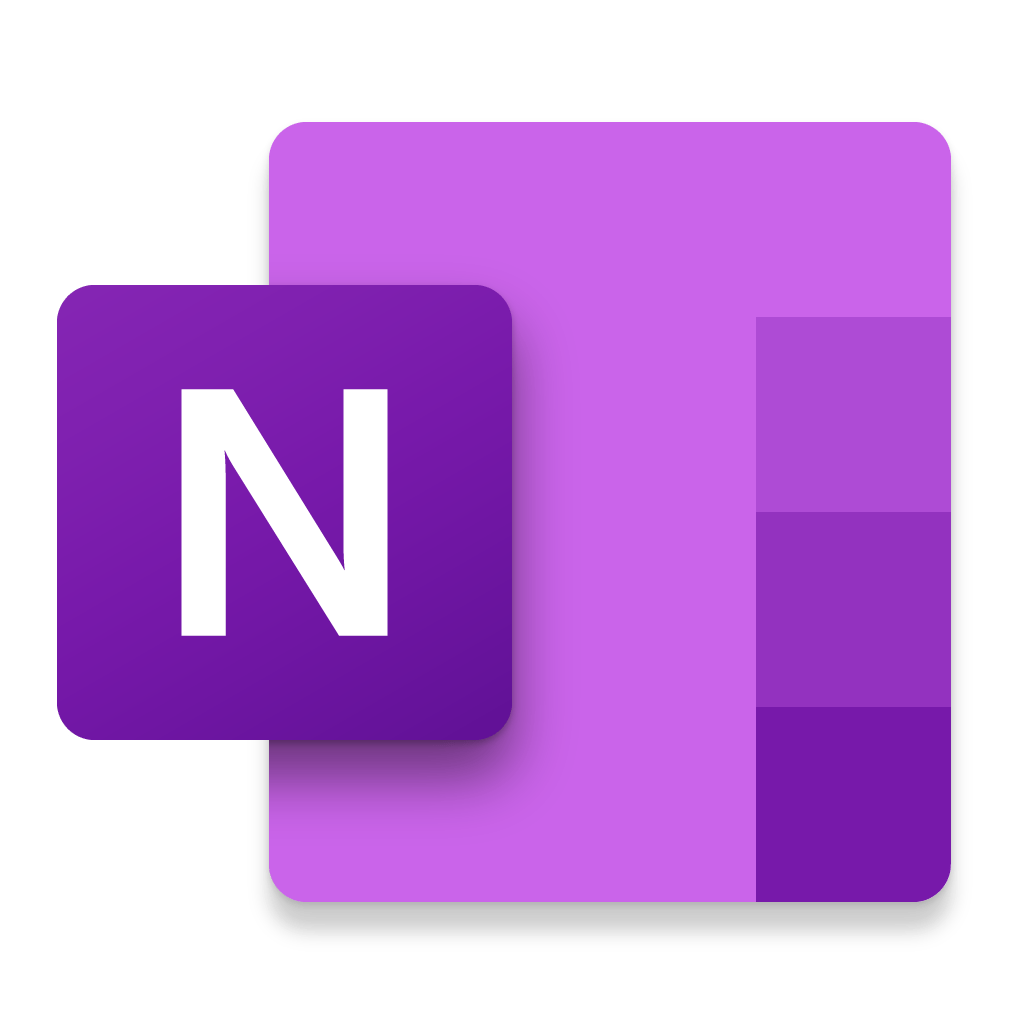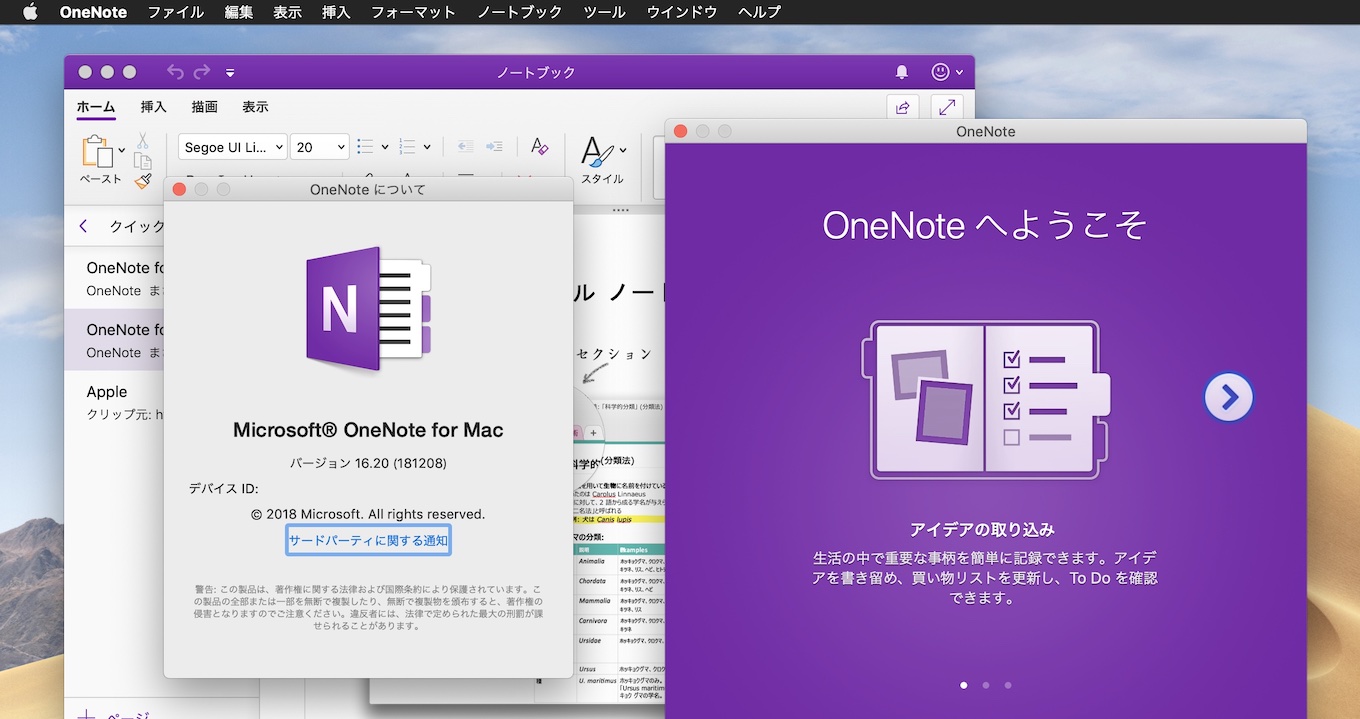

brings you all the latest news on Windows 10 and beyond. We cover everything from the Windows Insider program to Windows 10X.

Windows Microsoft first released Windows in 1985 with Windows 1.0, but it wasn’t until Windows 3.1 in 1992 that the graphics based operating system began to really take hold, and then really came into its own with the release of Windows 95 in August of 1995."If you have to buy all of Office to get, you're losing any of those potential customers who will not buy all of Office. "Microsoft wants mindshare and market share and to do that it needs to establish a broader market ," Miller said last week. Wes Miller, an analyst at Directions on Microsoft, also connected Microsoft's more-OneNote strategy to Office. "Evernote's become a hugely successful product and Microsoft needs to keep as many people as possible from relying on applications that compete with its Office components," said Michael Silver of Gartner in a Thursday interview.Įvernote declined to comment on Microsoft's OneNote moves of Monday. One analyst last week saw the then-rumored move as a defensive play by Microsoft to lock customers inside the Redmond gate. That strategy mimics Evernote's, the company whose same-named flagship note-taking software is also on every meaningful platform, including Windows 8's "Metro" tile-based user interface (UI). "We've made it easier to use OneNote no matter what platform you're on, and easier than ever to send anything into OneNote," wrote David Rasmussen, a partner group program manager with the team, on a blog today. Microsoft couched the free OS X and Windows OneNote as part of its all-along plan to push the note-taking application to as many platforms as possible. Only those copies of OneNote that are part of a commercial-class version of Office 2013 or a business-grade Office 365 plan can be used for work at work.Īlso today, Microsoft released a browser toolbar add-on for grabbing Web content and placing it in OneNote, and shipped Office Lens, a Windows Phone-only app that captures documents snapped with the smartphone's camera.

The free versions are limited to home and school use, and are not licensed for business purposes.


 0 kommentar(er)
0 kommentar(er)
